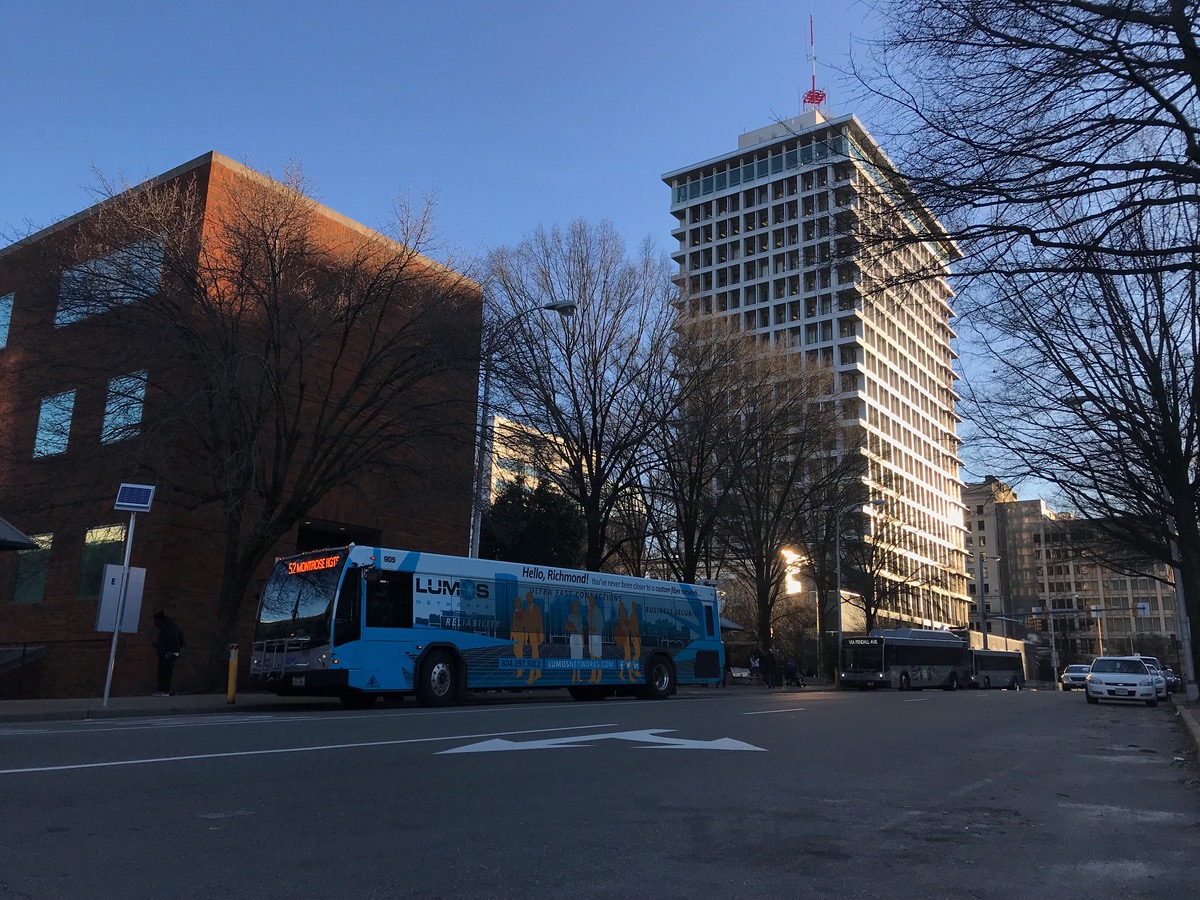AROUND THE REGION
State legislators continue to work to find ways to fund D.C.’s Metro, but, unfortunately, at this point it looks like they’re unwilling to provide capital funding for local transportation systems in other parts of Virginia. Neither the current version of the Senate nor House of Delegates bills to provide Metro funding includes revenue “for public transit systems across the state to buy buses and pay for other capital projects.” Without state funding for critical expenses like buying buses, expect local transit companies to cut service to make up the difference in their budgets.
GRTC celebrates Black History Month by sharing a few stories about Black groundbreakers at the transit company. You’ve probably heard about current board member Eldridge Coles who began his work as a bus operator and eventually became GRTC’s CEO, but have you heard of Joseph “Deacon” Taylor, the company’s first Black operator? Hired in 1962 he helped folks get around Richmond for 27 years!
I’m fascinated by this story about the Wake County region working together to focus their state-level funding requests on the Durham-Orange light rail project. By agreeing to postpone a funding request for a BRT project, the region hopes to have a better chance at scoring the necessary cash for light rail. Read on for interesting insight into how our neighbors to the south are handling transit-oriented development, affordable housing, and the recent changes to the federal tax code.
ELSEWHERE
Every week Nashville creeps closer and closer to making its multi-billion dollar regional transit plan a reality. After a 34-2 vote by the Metro Council, voters will now decide on May 1st whether or not to raise local taxes to pay for some pretty incredible public transportation expansions and improvements. Now the Get Out the Vote efforts begin!
New research out of Boston says ride hailing companies like Uber and Lyft are serious contributors to rush-hour traffic jams. This illustrates the need for frequent and reliable public transportation, or folks will abandon transit for other modes of travel. For people with less income, a daily $10 Uber ride has a significant impact on their monthly budget.
If you'd like to support RVA Rapid Transit's work to bring a truly regional transit system to Richmond, consider picking up an awesome transit map T-shirt or making a tax-deductible donation.
—Ross Catrow

